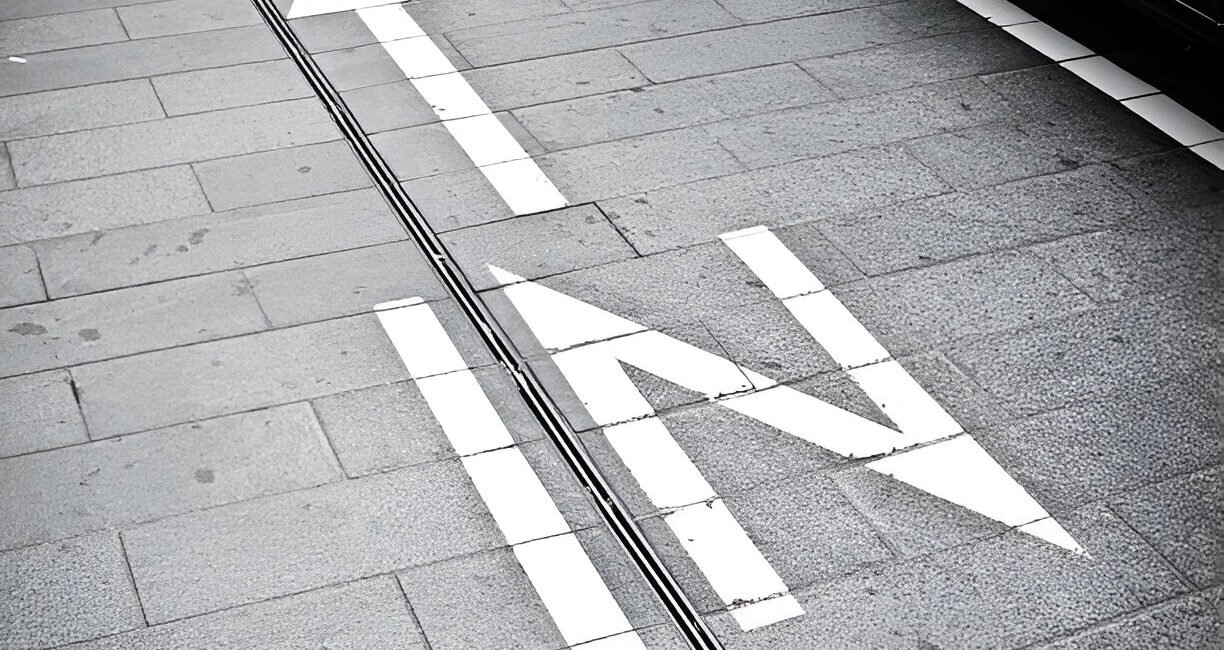
In the vast, intricate world of chess, every piece holds unique value. The bishop commands diagonals with elegance, the rook asserts power along ranks and files, and the queen reigns supreme in flexibility and range. But among these giants of the board lies the humble pawn—modest, constrained, and forward-bound. At first glance, the pawn may seem the least glamorous. Yet, its single, irreversible step forward carries profound lessons about growth, transformation, and the very essence of progress.
One-Way Journey
Unlike any other piece, the pawn cannot retreat. Once it takes a step, that move is etched into the memory of the game. There’s no going back, no revisiting earlier choices. This rigid forward motion often seems limiting, yet it encapsulates one of life’s most essential truths: true progress is irreversible.
In real life, we often fantasize about second chances, about undoing our mistakes. While growth allows for course correction, time and decisions—like the pawn’s movements—only ever move in one direction. We learn, adapt, and continue forward. The pawn reminds us that even when progress is slow, deliberate, and linear, it is still progress.
Incremental Gains, Monumental Change
Every pawn begins as seemingly inconsequential. But in chess, a single pawn can change the entire trajectory of a game. When it reaches the opponent’s back rank, it is eligible for promotion—most often to a queen. This transformation isn’t magical; it’s earned. Each square moved, each risk taken, every inch of sacrifice contributes to this moment.
In this way, the pawn is a metaphor for personal development. Change does not arrive in grand leaps but through steady accumulation—like building a skill, recovering from failure, or evolving an idea. The journey to promotion is not glamorous, but it’s real. And unlike the knight’s leaps or the queen’s sweeping arcs, it is unrelentingly grounded in commitment.
Commitment Over Comfort
There is something uncomfortable about forward-only movement. It means facing the unknown, risking exposure, and leaving behind the comfort of safety. Retreat is often the natural impulse when things go wrong. But pawns don’t have that luxury—they persist.
That persistence is something we can all aspire to. In careers, relationships, and personal growth, comfort can be a trap. It’s only by moving out of our comfort zones—square by square—that we find out who we truly are. Like pawns, progress demands commitment without the option of retreat. Each decision matters. Each step counts.
Power of Purposeful Positioning
Not all forward moves are good moves. In chess, positioning is key. A pawn moved too hastily can become a liability. Similarly, in life, direction without purpose is not progress—it’s chaos. Forward motion must be strategic.
When pawns work together, controlling the center and supporting each other, they become a formidable force. This reflects the importance of collaboration and vision. Individual effort is noble, but collective progress compounds impact. In leadership, education, or activism, strategic positioning of purpose-driven individuals often defines long-term success.
Elegance of Sacrifice
Pawns are frequently sacrificed in chess. But their sacrifice is rarely in vain. They clear paths, open files, and create opportunities. This echoes a deeper truth: sometimes progress demands letting go. We give up short-term comforts for long-term goals. We invest time, energy, and resources without immediate reward.
This principle underpins entrepreneurship, innovation, and social change. Progress is often built on sacrifice. Whether it’s time spent learning a new skill, resources devoted to a startup, or energy put into building a relationship, the willingness to move forward without guarantees defines meaningful progress.
Lessons from the Board to the World
Chess has always mirrored life. The board may be 64 squares, but it holds a world of strategy, patience, and foresight. And no piece embodies the human journey quite like the pawn. We all start small. Our early moves may seem insignificant. But with vision, patience, and resolve, we inch forward—learning, adjusting, growing.
This is the story explored in Pawn to King’s End, a compelling read that dives deep into the symbolism of the pawn’s journey as a lens for human ambition and growth. If the concept of relentless forward motion resonates with you, and you wish to reflect more deeply on how the pawn’s philosophy applies to your own path, you should absolutely buy the book Pawn to King’s End. It’s more than a chess metaphor—it’s a blueprint for a meaningful life built one step at a time.
Final Square, New Beginning
When a pawn reaches the final rank, it doesn’t become a bishop, rook, or knight simply because those are available. It chooses the queen—not because of power, but because that is the culmination of all its potential. That moment represents reinvention. The journey does not end—it transforms.
Real progress is not linear in its outcome, even if it is in its process. You might start in one field and end in another. You might grow in unexpected ways. But if you keep moving forward, the transformation will come.
And like the pawn, your story can be one of quiet beginnings and powerful endings.
Conclusion
We live in a world obsessed with shortcuts, with hacks, with instant gratification. But the pawn teaches us a different kind of power—the kind born of patience, discipline, and strategic progress. It shows us that the only meaningful direction is forward. No retreat. No sideways distraction. Just a steady climb toward becoming something more.
In life, as in chess, the smallest steps taken with intention can lead to greatness. When we embrace the discipline of forward movement, we unlock the path to transformation. And like the pawn, we realize that the journey—though simple in direction—is profound in impact.

